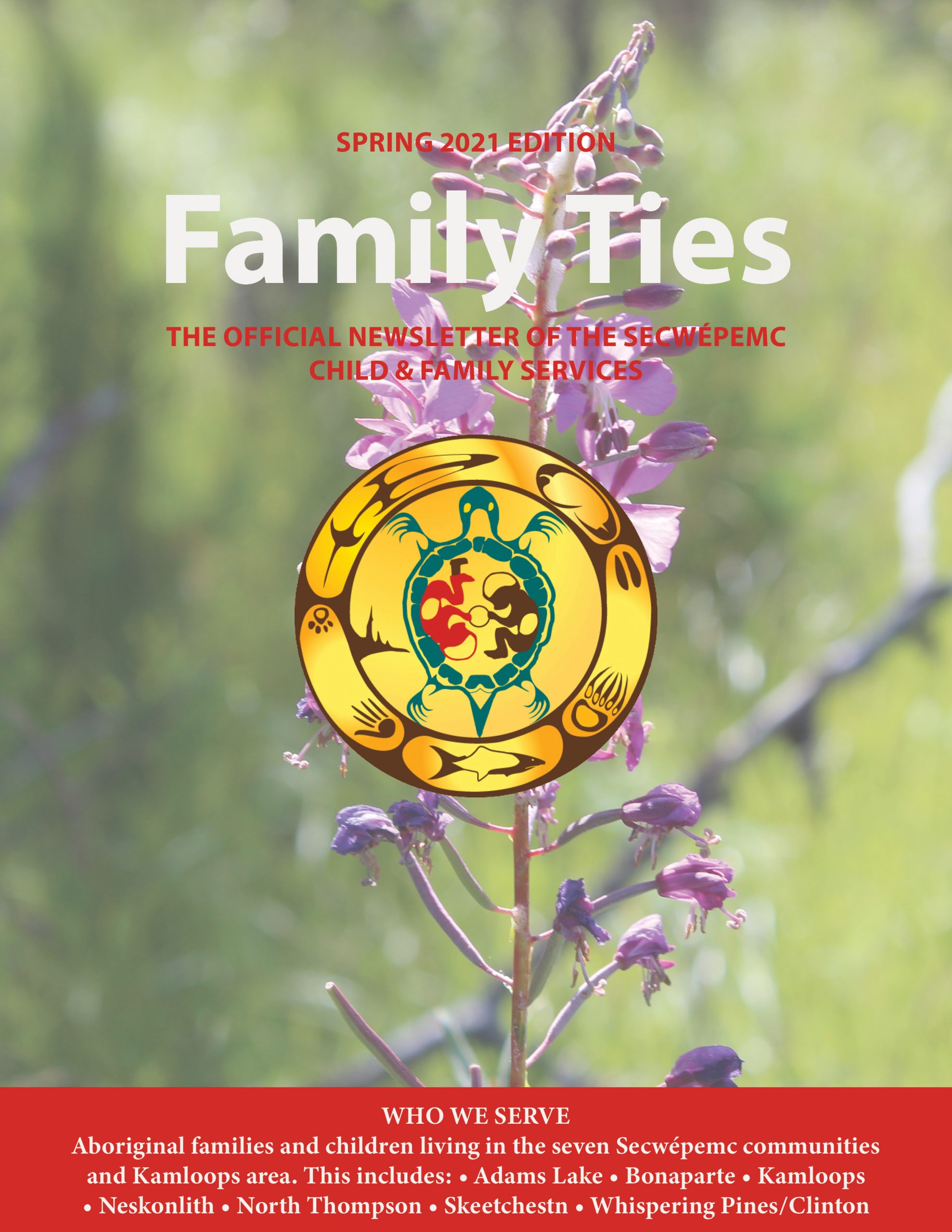Q: Tell us a bit about your background
A: When I was in my second year at the University College of the Cariboo in the late 1980s I got hired full time with Interior Community Services, which back then was Kamloops Youth Resources.
At that point I was also in the auxiliary police and I was looking at a career in either policing or telecom. It was unique because I was working in group homes with teenage boys at the same time, so it became a bit of a conflict, but not necessarily a negative conflict.

Then I started getting into fostering with my first wife, contracting with the Ministry of Children and Family Development (MCFD). We took in kids from babies all the way up to teenagers. In my lifetime, we’ve had more than 100 kids. When we got divorced, I sort of went out of it for a couple of years and then I got back into it and been into it ever since.
Q: Why did you decide to get into fostering?
A: The reason I originally got into fostering was my nephew, who had gotten into trouble with the law and passed away in custody in Vancouver. He was undiagnosed as schizophrenic and they didn’t identify it, and he ended up hanging himself in custody. Shortly after that, I was just starting into fostering but it gave me a real sense of trying to help kids a bit more, too. And maybe that’s why I went to the justice side, too. I worked for a contractor with probation, and he had individual contracts that you could work privately. So I did that for about 10 years as I got into fostering.
Q: How does the agency differ from the MCFD approach?
A: I worked for the Ministry for more than 20 years and the biggest difference is that SCFSA is identifying that kids all have individual needs. And you need to develop your contracts to address that. You can’t do them under one lump contract.
When I used to contract with MCFD, it was, ‘Here’s a contract, this is what you’ll do with it.’ And I would say, ‘Well, this kid has this’, and they wouldn’t provide extra funding, or they would complain about it. So SCFSA identifies these kids have needs and we’re going to provide for that. And I think that’s only fair that they do that given that there’s more funding available, in terms of counseling that can be covered and some activities that can be covered. So there’s no reason they shouldn’t provide a lot of that stuff.
Q: Why do like most about fostering?
A: We’re not in it for the money, obviously. We do it to help kids move forward. That’s why I do it. Even for Shayla, we’ve had her for many years, and to think of the idea of her having to move or something because there’s nothing available, it’s just not going to happen. We’re going to make that commitment that she gets through her life. We do it to help them out and try to connect them with their families. We say to the Resource workers, ‘If there’s any time we can connect them back to a relative or a friend or something where they could live that connects them to their culture, let’s do that.’
Q: What do you like to do in your spare time?
A: We like to travel, we go on hikes. We do karaoke at home. My wife is Filipino so you have to do karaoke at home. I want to get a quad or something next to get outdoors.


